NO SPRAY ZONE: a new beekeeper's introduction and how spraying is dangerous to bees
A newbie beekeeper wants to educate the community on the dangers of pesticide spraying.
The hive
My family has just become newbie beekeepers! I am incredibly exited. We have discussed keeping bees for many years now but it took a while to finally make the commitment. Getting bees usually requires ordering your bee boxes months in advance, we had to order our two boxes in February. You can see one of our three pound boxes just filled with bees.
After getting our bee boxes settled and our Langstroth hive setup, we extracted the queen from her protective box. You can identify the queen by the green dot on her back. Each hive will only have one queen, although worker bees can be turned into a new queen with royal jelly. Our queen has some workers in with her to keep her company and help her eat through the candy (white blob) that is keeping her locked in. Once all the bees are in the hive, she will eat her way out to be with the rest of her colony.
Installing the bees was a pretty simple project that involved just pouring the bees out into the hive, after spraying them down with sugar water. I will admit that this was pretty intimidating; bees were swarming everywhere around me, an experience I had never had before. It was humbling to say the least. Respectful to the bees as they respected me.
Now our hives are going strong! We have been feeding with sugar water to give the bees a bit of help starting their new home. Now we have added a second layer of combs and a second brood box to both of our hives. Our bees have been collecting nectar around our farm and you can see the pollen they bring back below.
This is a bonus picture of a hummingbird-hawk moth that was enjoying one of our flowers. You can learn more about this really interesting insect from the Mass Audubon.
Mentors?
We don't have great connections to many local beekeepers yet so we have been learning from one of my favorite YouTubers Cody Don! There is so much to learn with beekeeping, it is good to have an experienced mentor to help you out. You can check out his channel here and his beekeeping playlist here. To help other beekeepers like my family, steem might be a great place for a beekeeping community.
What are they spraying?
If you live in mosquito country, you might see signs on the side of the road exclaiming "NO SPRAYING!". What are they spraying and how can this hurt bees?
Pesticides of various types can have many different effects on honeybees. Some types of insecticides can kill bees instantly on contact, thus protecting the queen bee and hive. Others can be transported on the bee's body in contaminated nectar or pollen causing harm to the entire colony once she returns from foraging. Some pesticides are also linked to the devastating Colony Collapse Disorder.
In our area, the Central Massachusetts Mosquito Control Project uses a range of pesticides to control the local mosquito populations. In particular they use the product Anvil 10+10 (sumithrin and piperonyl butoxide). This synthetic pesticide mimics naturally occurring pyrethroids from chrysanthemum flowers. This is sprayed from the back of trucks around our cities.
Neonicotinoid insecticides and fungicides have been shown to be extremely toxic and are dangerous at very low doses. Even worse are the sub-lethal effects of these pesticides; very low doses can cause disorientation, reduced foraging and other dangerous behavioral disruptions. These nicotine-like pesticides work by binding to and over-stimulating nicotinic acetylcholine receptors in the brains of insects. Bees have an abundance of these receptors compared to other organisms.
Just because pyrethrum and similar insecticides are "natural" and quick to degrade does not mean they are not dangerous. Natural does not equal safe. Pyrethrum is moderately toxic to bees and can kill them. If applied late at night while the bees are in their hive, the bees should be unharmed. The problem is improper spraying times have caused many bees to die when workers spray during improper times like late morning.
Oh and just because pyrethrins are pretty safe for humans, the piperonyl butoxide is considered a carcinogen.
Beekeeping on Steem
When the subcommunity features here on steemit begin to be rolled out, I hope to gather beekeepers in the community and form a great knowledge base for new and experienced beekeepers alike. Steem is a great place for informational content to be rewarded appropriately.
This might be something well suited for an @chainbb forum. I haven't looked into how to start a sub forum so if anyone knows that might be good to get started ( @whatageek?).
I know there are some beekeepers here on steem already: @joshglen @shantamcbain @daddykirbs @beesteem @biobees and probably many, many more. I hope they would be willing to help bolster the community further!
I hope this break from crypto was enjoyed. I did promise to write some new content!
As always stay critical!
Kyle
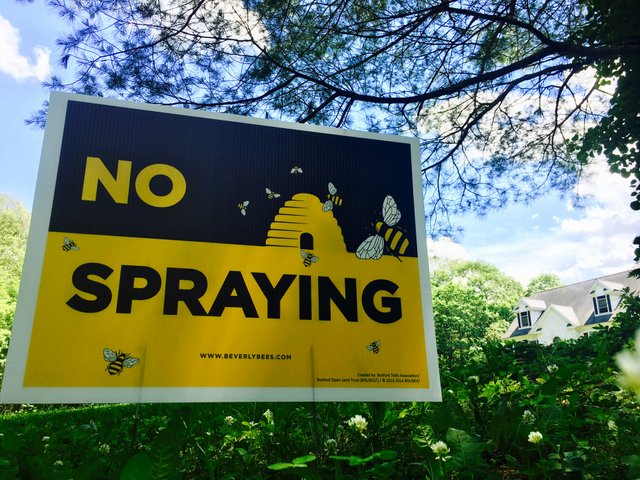
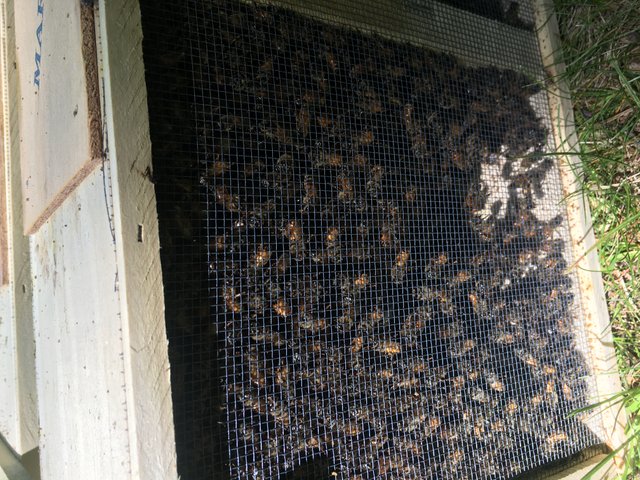
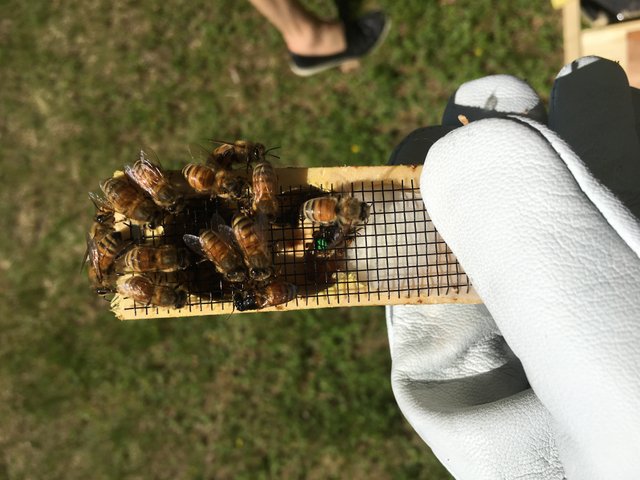
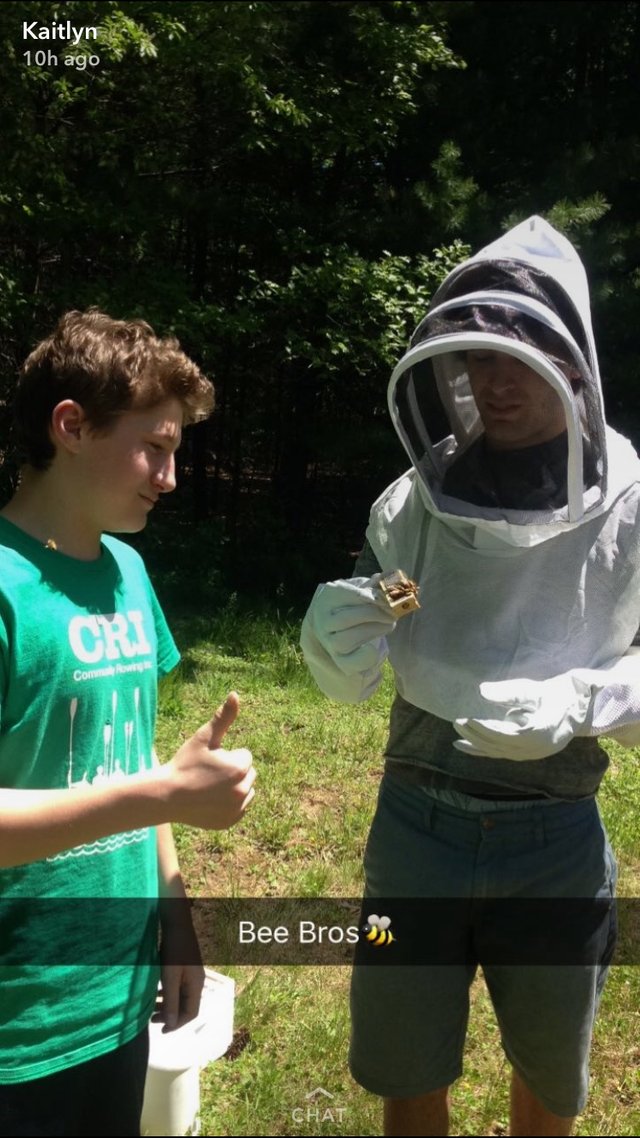
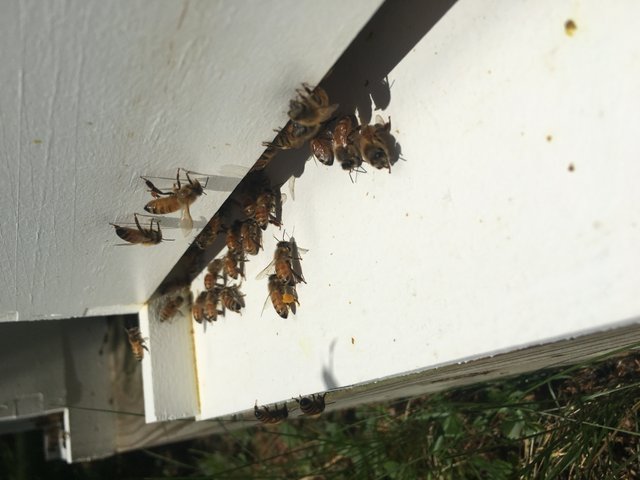
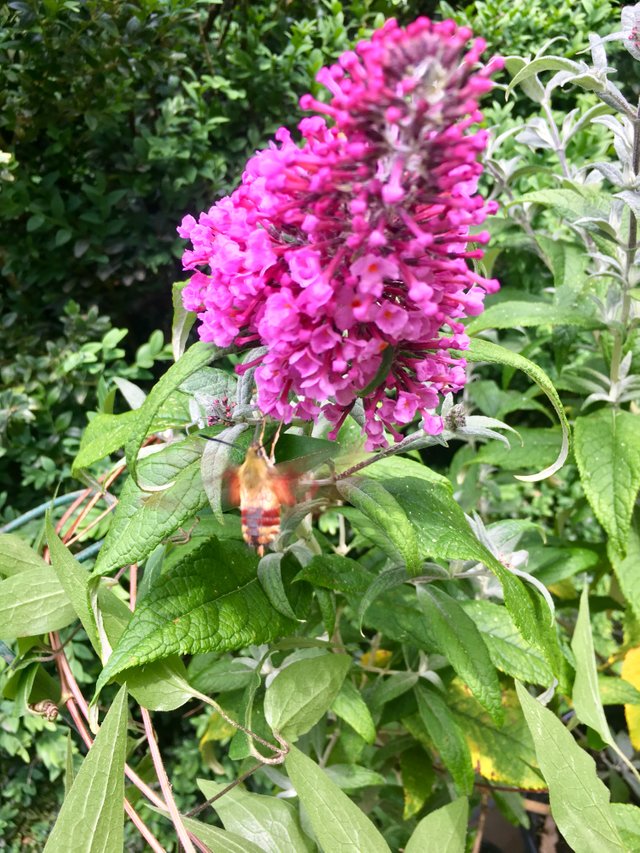

Great Project! I looked into getting bees here in Texas so first tried to plant a bunch of flowers and bee loving food plants-they didn't fair well in the Texas heat. I was looking at those boxes From Australia you can just tap to remove honey, my other issue was critters. I have chickens so lots of lurking racoons...Good luck, I may rethink the bee project someday, keep educating people on the dangers of pesticides-that crap kills bees and eventually people...(I'm upvoting you with 15cent value, more than my previous 1cent value, so thanks for your work on that project)!
Yeah I don't know much about beekeeping in hot climates. There has to be something they naturally eat. We have chickens too, with a rock on the hives I don't think much is going to get in.
I have heard mixed things about the Flowhive. Seems really neat though. We just went traditional.
You are doing genuinely good work. Wonderful! It's very inspiring to the whole community (I would hope). I have friends vitally involved in bootstobees.org, they are a great source of pollinator products and services- for Steemians who care, you don't have to go whole-hog into bee culture, you can contribute greatly by simply avoiding the dangerous practices at the dangerous times and establishing safe havens for them- you can start by building (or buying pre-made) bee houses (pretty much zero maintenance once you put them up in places that might not overly attract birds and other bee predators).
Subgroup communities will make things much easier to find and use- that addresses one of the few significant complaints I have about Steemit.
That is an awesome project! Thanks for sharing.
I have a homemade solitary bee house.
I think that is a great point that you don't need to go full-in, just helping the resistant polinators is great!
I will be sure to plug boots to bees in the future bee community.
Subgroups are coming!
this is so kool! really great stuff and very informative
Very nice. I'll follow a fellow beekeeper and I fully support a community of beeks here on Steemit!
I love bees, for some reason I've watched so many bee videos on YouTube especially DirtRooster ahah. Do you post on your Snapchat regularly about the bees? If so gimmie your username, I'd love to see some bee stuff
He has some good videos! I like Cody's Lab and his bee videos too.
I am not much of a snapchatter but I will certainly be following up on steem!
Thank you for this. As a newner beekeeper myself (2 years) I feel like information like this is very informative. Sadly I'm taking a break right now but plan to go again next year. I do wish you luck and will be keeping an eye out for more stuff like this and that beekeeper group.
Super post! It's almost impossible to overestimate the contribution of the humble bee to our food supply. Thanks for making this issue available to resteem.
Good job chemical pesticides should be banned because apparently people are not smart enough to figure it out themselves. Good job!
Well everything is chemicals soooooo. And I'm not sure banning pesticides is the way to go.
Irregardless there needs to be stricter regulations and testing.
Great post, we also post about beekeeping and environment (we operate in Tuscany, Italy). Following you and resteemed!
This post received a 1.4% upvote from @randowhale thanks to @kyle.anderson! For more information, click here!